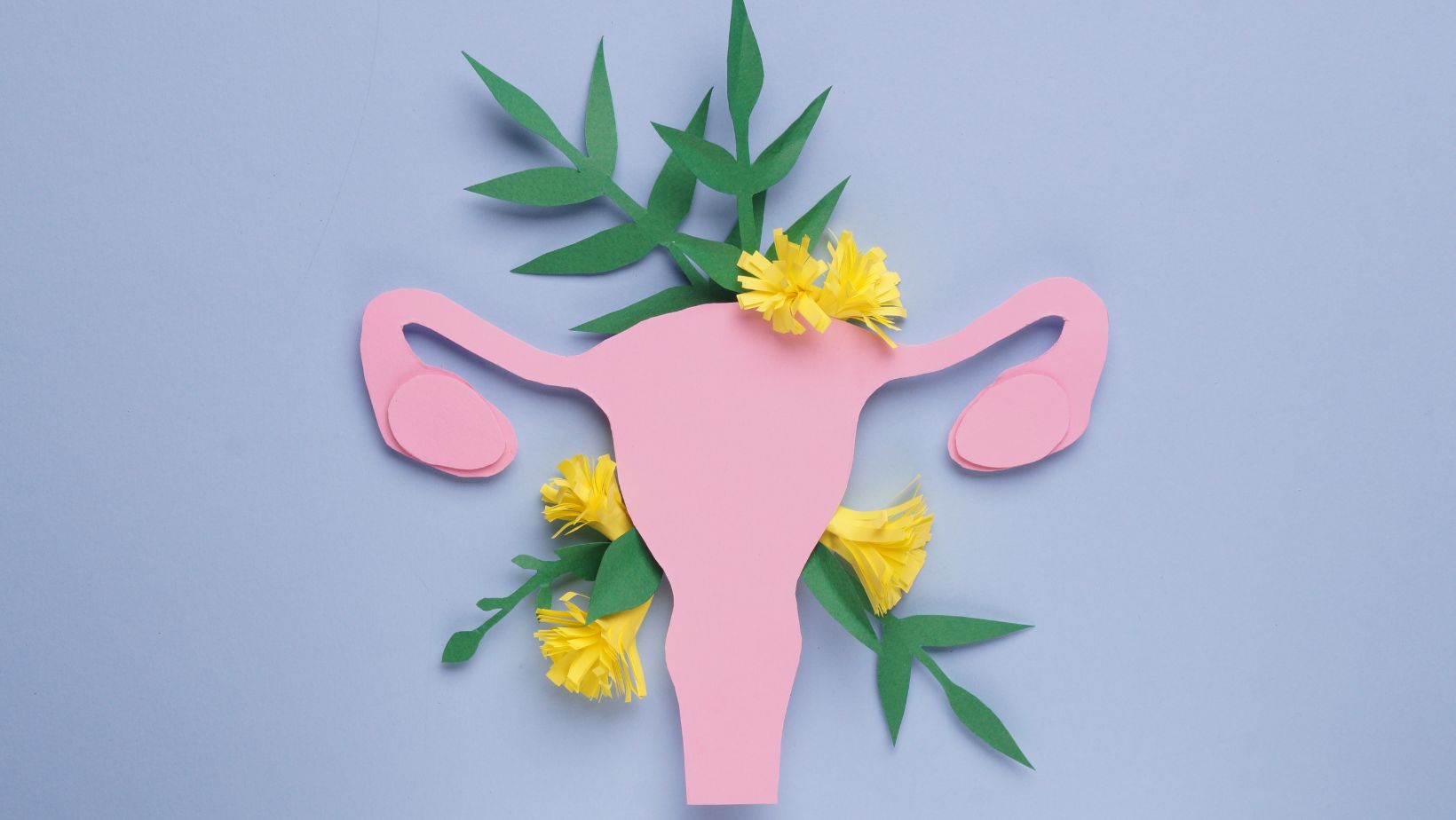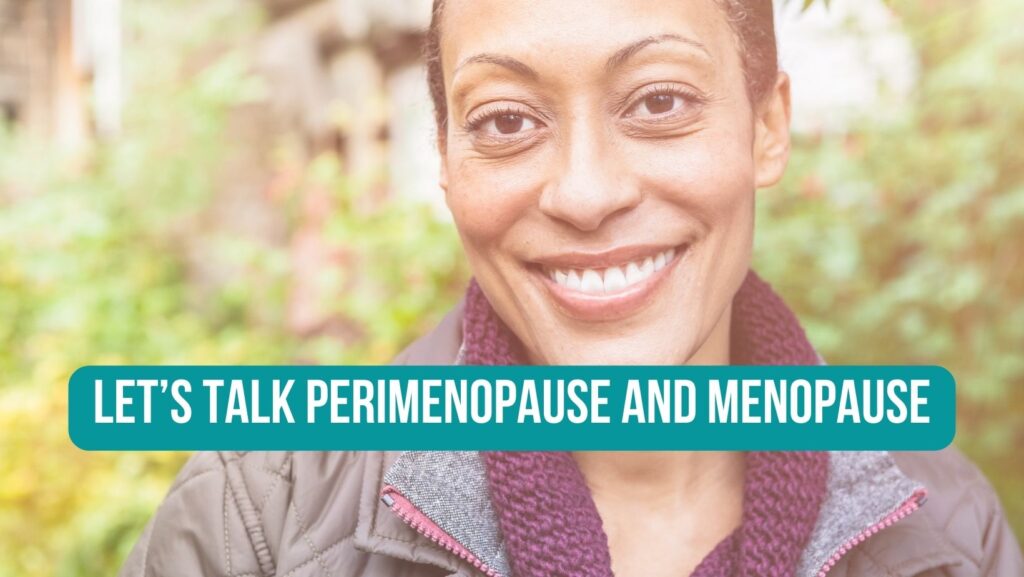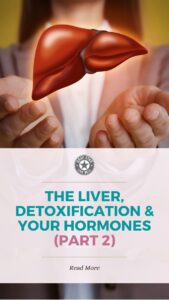Perimenopause
- Irregular cycles and other menstrual changes
- Pregnancy is still possible
- Progesterone production is declining
- Estrogen production is fluctuating and erratic
- Symptoms and transition can last 2 – 10 years
Menopause
- Menstruation has stopped
- Ovaries do not produce eggs
- No ovulation
- Progesterone and estrogen levels are very low
- Symptoms last an average of 2-5 years with gradual decline as the body adjusts
You should always pay attention to menstrual irregularities and any other symptoms, but it’s important to start paying closer attention in your mid to late 30s, especially if what you are experiencing is new to you.
You will likely be told over and over that “you are too young for perimenopause” or that “it’s not perimenopause”. But I’m here to tell you that indeed it is!
Irregular cycles, heavier periods, fatigue, hot flashes, and changes in moods are just a few of the ways your body is letting you know that your hormones are changing and you are beginning your journey through perimenopause. Understanding what is happening during this transition, and the 50+ symptoms that can occur, is important in helping you navigate these changes feeling empowered rather than defeated.
Signs and symptoms that show up in perimenopause
- Irregular periods
- Anxiety
- Depression
- Thinning hair
- Unexplained weight gain
- Low libidio
- Joint stiffness
- Irritability and mood swings
- Insomnia and sleep issues
- Hot Flashes
- Digestive issues, constipation, acid reflux
Symptoms vary greatly from woman to woman during perimenopause and can last 2-10 years. These and other symptoms begin and continue due to the low levels of estrogen and progesterone in this phase of life. Symptoms in menopause can gradually decline, but often continue.

So what can you do?
Lifestyle plays an important role in the severity of symptoms and in how to best to support yourself through the transition. Reducing your stress, getting more sleep, moving daily, strength training, consuming adequate protein, getting enough fiber and having more fun are all important. And bio-identical hormone replacement is helpful for not only alleviating these symptoms, but also for supporting your overall health and longevity.











